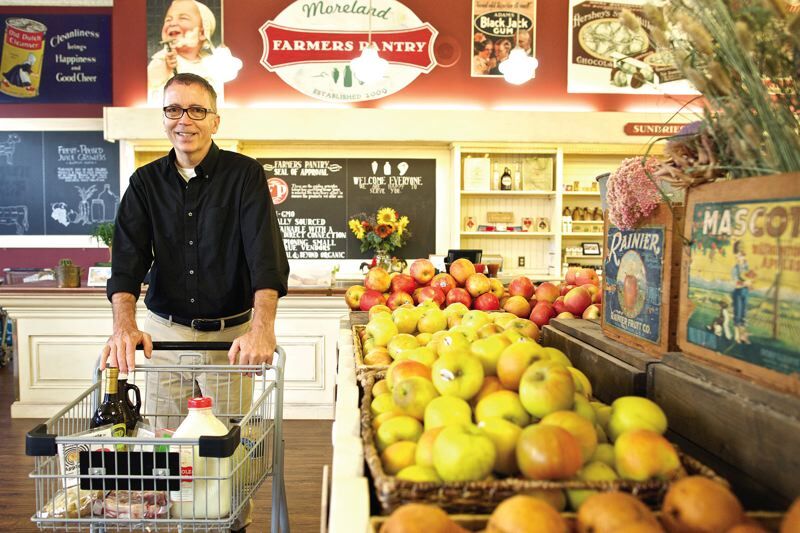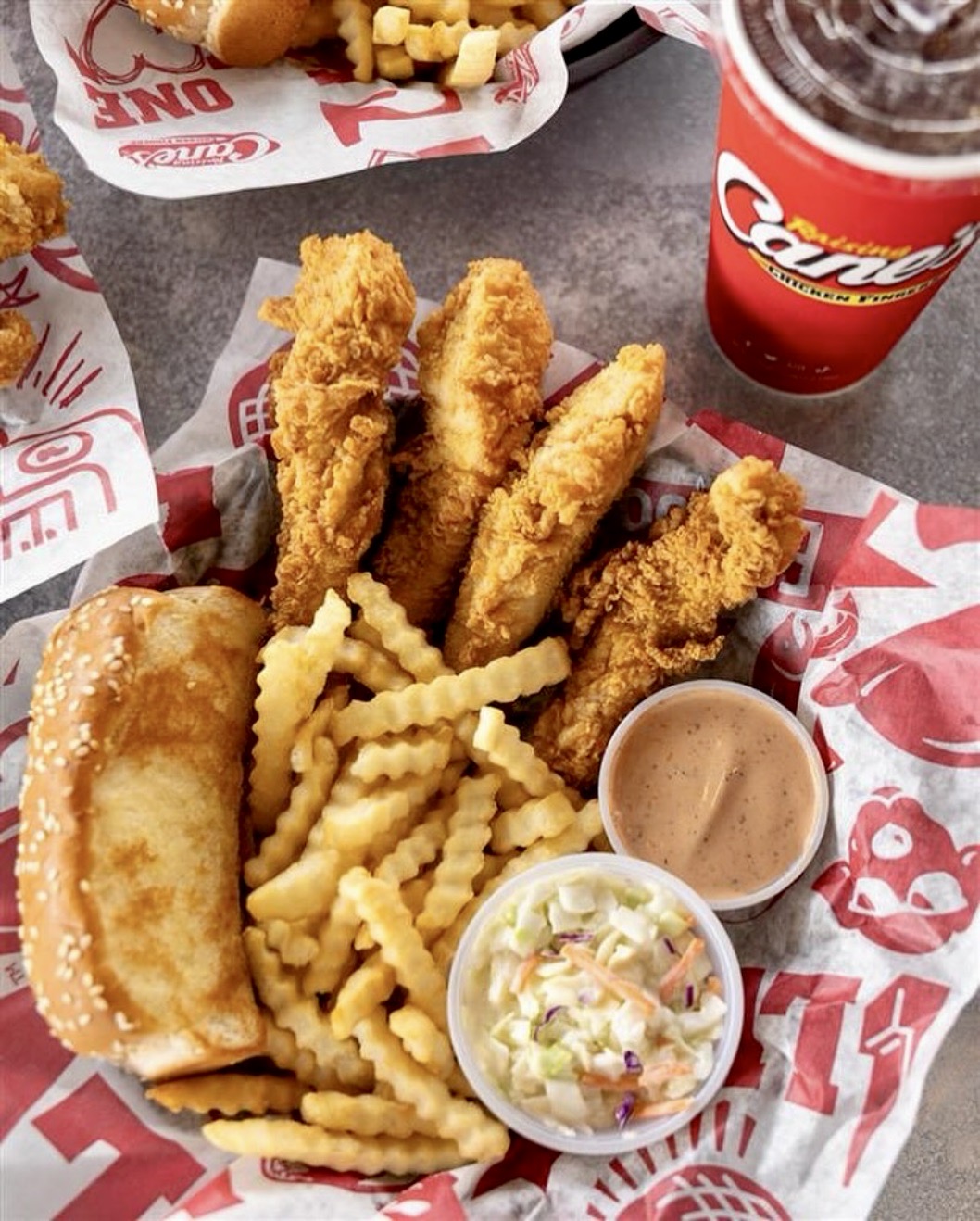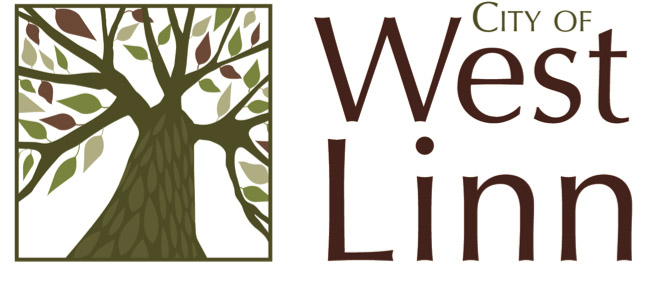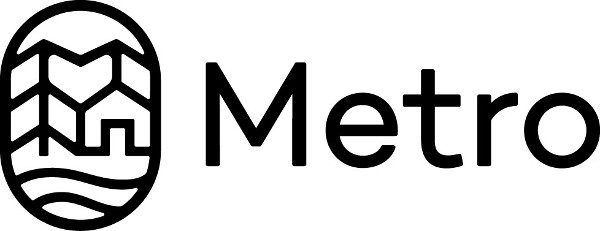Are non-GMO products good for business?
Published 12:00 am Tuesday, October 14, 2014

- Grant Medeiros manages Moreland Farmers Pantry, which specializes in selling only non-GMO products.
As we move along in this rapidly changing technological world, our taste buds aren’t being left behind.
Trending
People are paying more attention to food labels these days. It started with the nutrition label several years ago, and now there’s an Oregon ballot measure that would require the labeling of foods with genetically modified organisms.
A small grocery store in a cozy Southeast Portland neighborhood and a large grocery player in the metropolitan area are both keeping an eye on the evolving non-GMO food trend.
Moreland Farmers Pantry, located in the Sellwood-Westmoreland District, is a small start-up specialty store that has a charming feel, resembling a general store from the 1920s. They sell a variety of products, including bulk foods, tea, sauces, sundries, produce, meat and dairy products. They offer strictly non-GMO products and work with farms. Some of these farms have their first opportunity to go retail with the Pantry.
Trending
From a business perspective, Moreland Farmers Pantry not only needs to satisfy their customers’ preference for organic and non-GMO foods, but they also have to factor in the cost of these items.
“Customers tend to notice when non-GMO food staples are more expensive than the prices they are used to for commercially grown or processed foods,” Grant Medeiros, store manager, said. “Growing organically and getting certified is a costly process, which accounts for the higher prices for organic and non-GMO foods.”
Medeiros added, “The onus is on the food industry to turn the system upside down and make organic and dairy farming, ranching and non-GMO foods be the standards, thus lowering the costs to the consumer.”
Director of Operations and Marketing Elise Burke agrees that costs are a factor in running the business.
“Most organic and non-GMO items cost a little more, especially meats and dairy from grass-fed animals that are not fed inexpensive GMO grains,” Burke said. “But we use the same formula to price our margins (margin is the difference between selling price and cost).”
Medeiros pointed out that profit isn’t the consideration when it comes to carrying non-GMO foods at Moreland Farmers Pantry.
“Profit and a non-GMO product line are not mutually exclusive — although they may be for a store that only has a small non-GMO section,” Medeiros said. “Our principle concern at Farmers Pantry is to have a store full of food that is healthy for you. As a start-up, profit is a mountain we’ve only just started to climb.”
According to Burke, sales are increasing weekly, but they’ve yet to see a profit. “We have only been open four months and are not doing a grand opening until the deli is up and running the end of the year.”
She did say the store, which opened in May, is staying competitive with other stores in price point when it comes to non-GMO items.
“Our entire store is non-GMO, so we do not incur a deficit to make up,” Burke added.
Considering that Moreland Farmers Pantry sells only non-GMO foods, and are responding to customer wishes, they still keep an eye on their competition.
“Like any retail store, we’re aware of the price of items we have in common with any competitors,” Medeiros said. “We strive to match or beat those prices, even though as a start-up, we don’t have the buying power of an established chain store.”
Moreland Farmers Pantry uses the same standard margin formula to price their product line as bigger grocery stores.
“But because we have so many direct farm connections and grow a lot of our produce ourselves, we’re able to offer many items at substantially lower prices,” Medeiros said.
Not only are non-GMO products becoming a big hit with her customers, but Burke points to figures (U.S. and Canada) from the Non-GMO Project in explaining the growing popularity of non-GMO foods.
According to the Project, there are almost 21,000 Non-GMO Project Verified products, representing more than 2,200 brands. Annual sales of products carrying this seal total more than $7 billion.
For vendors getting the Non-GMO Project Verified seal, sales increased an average of around 22 percent and, the Project pointed out, many non-GMO foods are considered the fastest growing trend in the natural food sector.
The non-profit Non-GMO Project offers North America’s only third party verification and labeling for non-GMO food and products. The mission of the Project, which is based in Bellingham, Washington, “is to preserve and build sources of non-GMO products, educate consumers, and provide verified non-GMO choices.”
Another business that caters to the growing organic and non-GMO market is New Seasons Market. John Boyle, head merchandiser, said his business, with 13 stores, carries “everything from natural, organic consumer needs to conventional (mainstream) products.”
As with Moreland Farmers Pantry, New Seasons Market says profit isn’t the top concern when selling non-GMO products. “We’ve listened to our customers,” Boyle said. “They are saying they want those choices. We’re going to do that in the spirit of our overall values instead of just making that decision based solely on profitability.”
When it comes to the cost of providing non-GMO products, Boyle said, “There are many factors that go into the price of a product from where it is grown to how it is packaged, to its ingredients.”
New Seasons Market has, Boyle said, experienced very little or no cost increases from vendors who have elected to identify their products as non-GMO.
“Both opponents of the Bottle Bill in the 1970s and opponents of organic labeling in the 90s said the measures would cost too much and raise prices,” Boyle said. “We know that wasn’t true. We are hearing the same arguments about requiring labeling of genetically engineered food and we know that they are not true. Labeling is a standard cost of business.”
New Seasons Market has practiced sustainable sourcing since the first New Seasons opened in Raleigh Hills.
“We believe very strongly in the philosophy of listening to our customers’ needs,” Boyle said, adding that his stores have always tried to source organic (grown without a genetically engineered seed) products.
“In that way, we’ve always offered customers options for purchasing non-GMO products, by offering a wide selection of organic products,” Boyle said.
New Seasons Market has more than 4,000 products, on shelves that carry the Non-GMO Project Verification label
Boyle added, “I think it makes sense for any business to listen to their customers and carry products or services that the customers demand. We feel we’re fitting that need.”







